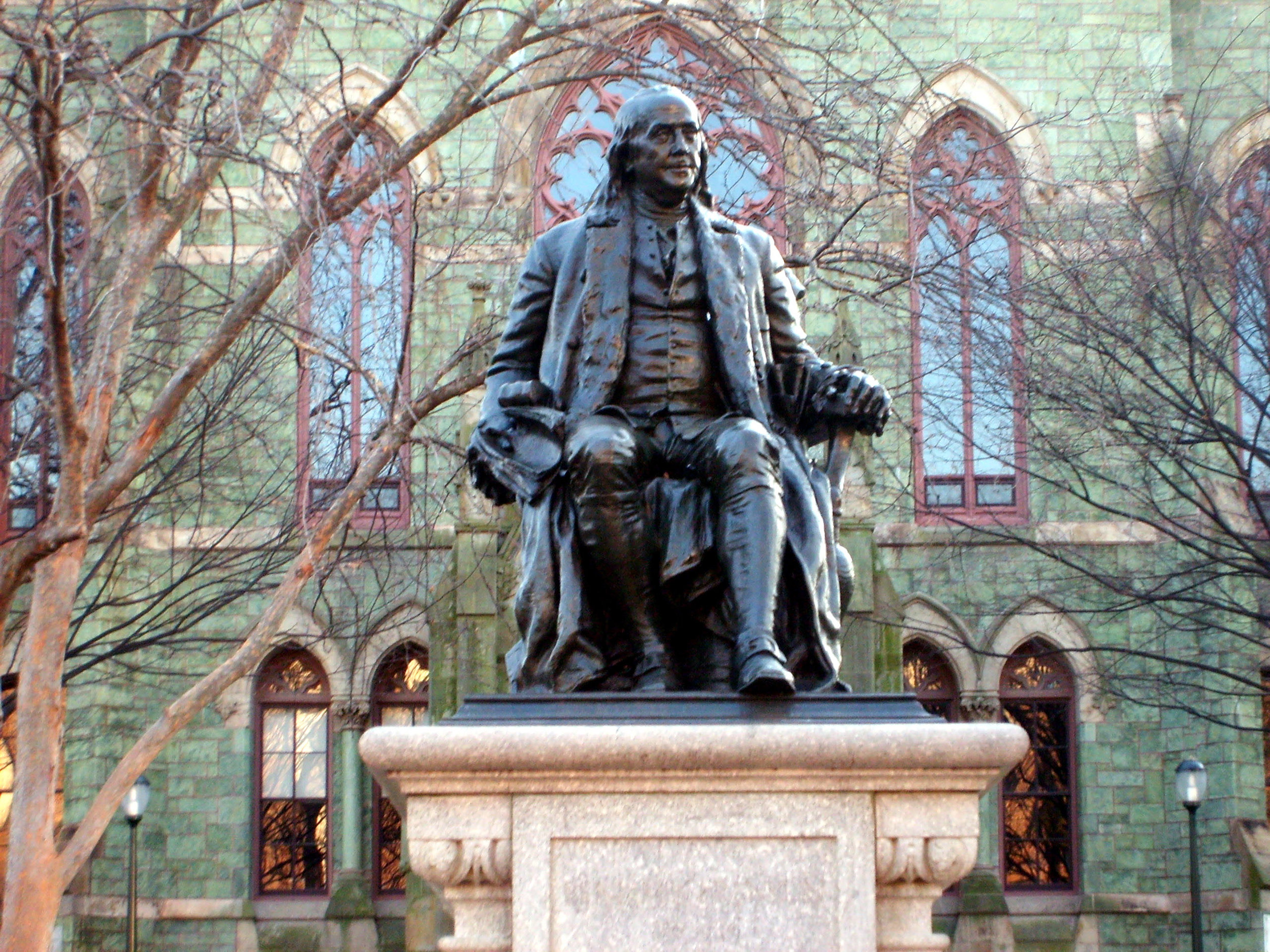The Eisenhower Matrix: A Five-Star General’s Application Strategy
/Want to apply to business school like a master strategist? How about like a five-star general?
General of the Army Dwight D. Eisenhower, 34th President of the United States, led the allies to victory in World War II not necessarily through the innovative tactics of Omar Bradley nor the personal ferocity of George Patton, but rather through superior planning. By staying focused on the most important tasks on his plate, keeping track of other tasks on the back burner, and removing unnecessary distractions, he developed what we know today as the Eisenhower Matrix.
On one axis, the question is asked whether a task is important – as in "how essential is this task to mission victory?" On the other axis, the question is asked if the task is urgent – "is this task time sensitive and does it have a deadline coming up soon?" Tasks are arrayed on this matrix according to the answers to these two questions.
Eisenhower would start with tasks in the top left box and accomplish them immediately. His goal was always to keep his top left box as clear as possible. He would then move to the bottom left box and quickly delegate those tasks to his subordinates. These were tasks that needed to be done, just not necessarily by the General. His key contribution here is picking the right person to accomplish the task, and following up to make sure it is completed. He then moved onto the top right box and decided when in his schedule he would get to these important, non-urgent tasks. If he didn’t plan them correctly, these tasks could quickly become urgent and fill up his “Do” box. Finally, if any tasks fell into the bottom right, he would simply cut them out of his calendar completely. His time was simply too important to be spent on things that did not add value.
We recommend building two Eisenhower Matrices during your application process. The first is for your GMAT study regimen. While your GMAT score is just a single data point in the over-all application, it is a necessary component and in part determines the strata of schools where your application will be competitive.
The second is for your MBA application process itself. Applying for your MBA is a marathon, and if you don’t sequence your priorities correctly it is highly likely that you will not sequence your work correctly. For example, filling out your application forms and asking for letters of recommendation before developing a narrative almost guarantees that whatever you produce will lack the thematic clarity and focus of a good application. It’s the equivalent of filming a movie without first writing the script. Another pitfall is to do the same before you decide whether to hire an admissions consultant and which one. Starting on applications before finalizing both decisions can lead to a lot of wasted effort before the consultant can find and fix the flaws in your story, and refocus you on higher-value parts of the story.



















